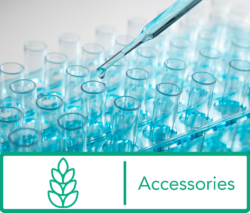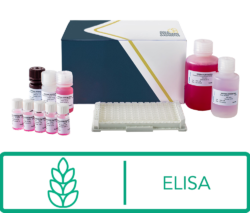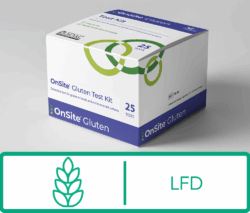Emport LLC’s Emily Kaufman explains some need-to-know concepts for allergen management.
Allergen management is a constantly evolving field. New regulations and new technologies continue to make food safer for the food-allergic consumer — but it can all be quite confusing!
First published in Quality Assurance Magazine March/April 2021
1. Do I need to treat gluten and allergens differently?
 In the U.S., gluten labeling is voluntary. By choosing to label products as gluten-free, you’re held to a strict limit of unavoidable cross-contact from wheat, rye, and barley. Allergen labeling — including wheat, but not barley or rye — is mandatory. Thanks to FALCPA and FSMA, facilities must carefully manage all risk from major allergens. Luckily, there’s considerable overlap in best practices for allergens and gluten.
In the U.S., gluten labeling is voluntary. By choosing to label products as gluten-free, you’re held to a strict limit of unavoidable cross-contact from wheat, rye, and barley. Allergen labeling — including wheat, but not barley or rye — is mandatory. Thanks to FALCPA and FSMA, facilities must carefully manage all risk from major allergens. Luckily, there’s considerable overlap in best practices for allergens and gluten.
2. I keep hearing about validation and verification. Are they not the same?
They are not. You validate a program or a product to prove it works. You verify an action to prove it happened. For example, validating your allergen cleaning protocol ensures its effectiveness. Verification ensures that your team correctly ran the protocol today.
3. What can a third-party lab do that my team can’t?
Especially for challenging matrices, a lab can help validate your test kits and/or cleaning program. They can also help investigate any positive onsite results. Generally, labs analyze allergens via ELISA, antibody-based tests that look for protein and provide quantitative results. Sometimes a lab will do PCR testing instead, to look for an allergen by looking for DNA.
4. What types of on-site allergen test kits are there?
For facilities with limited time, equipment, or technical staff, lateral flow devices (LFDs) are a good choice. They help determine the presence or absence of a specific allergen and require little-to-no equipment. Plus, LFDs are relatively quick and can often be used for both products and surfaces. Some facilities supplement with general protein swabs, which are neither as sensitive nor as specific as LFDs.
5. How do I figure out which test kits are right for my facility?
If your team can’t use a particular kit correctly, or the kit can’t detect the allergen correctly, then you’re wasting time and money. A reputable vendor should be happy to talk through your unique needs; at Emport, we’ve always been eager to learn about our customers’ challenges. That includes thinking about matrix validation, pointing out any limitations or modifications to be mindful of, and supporting staff training.





